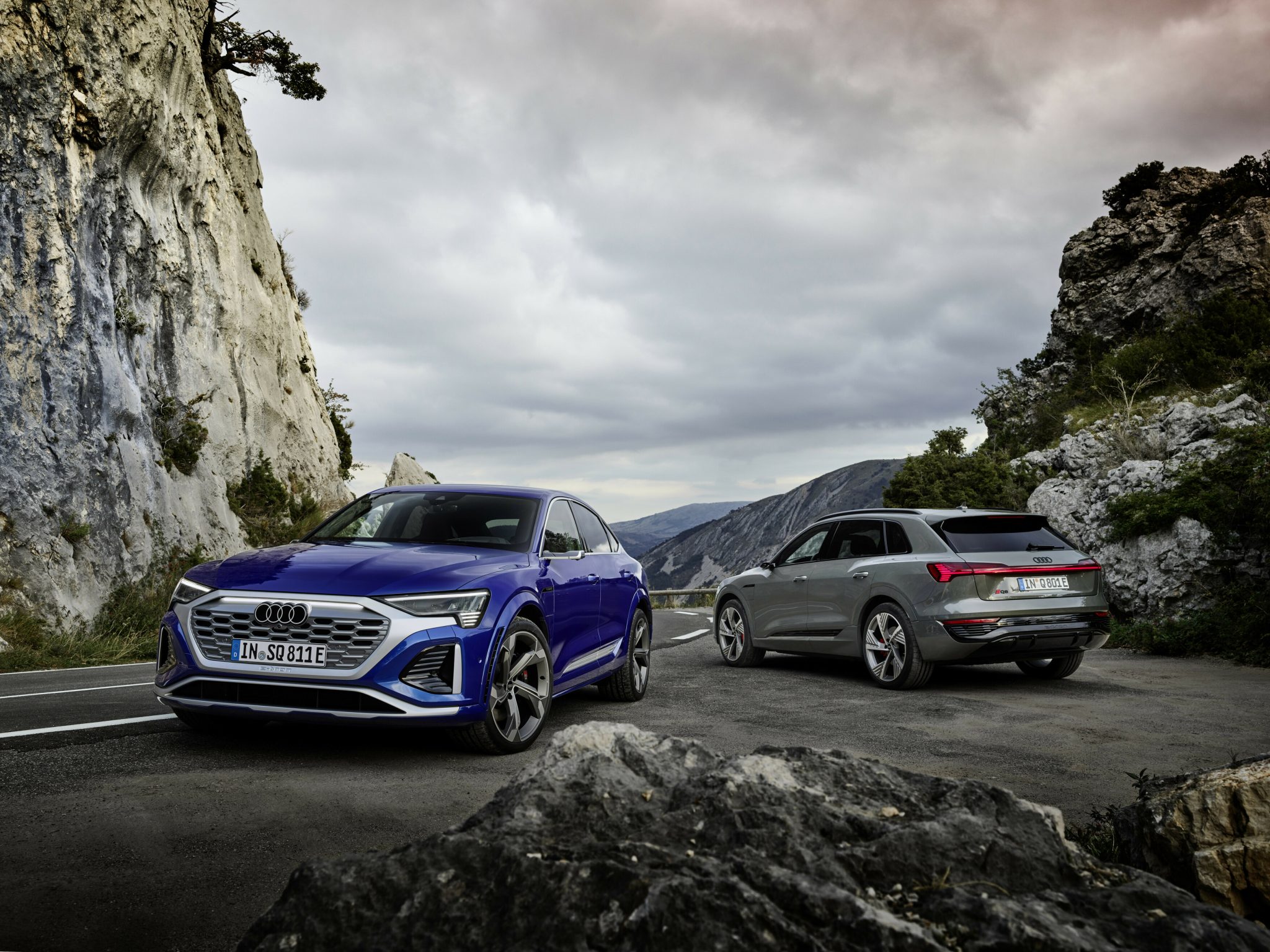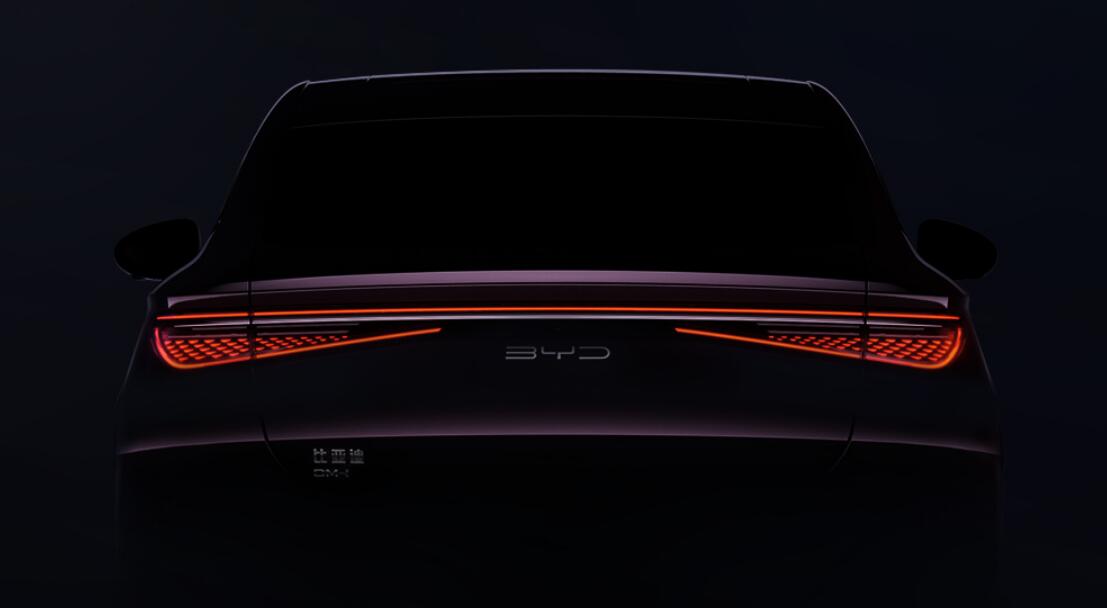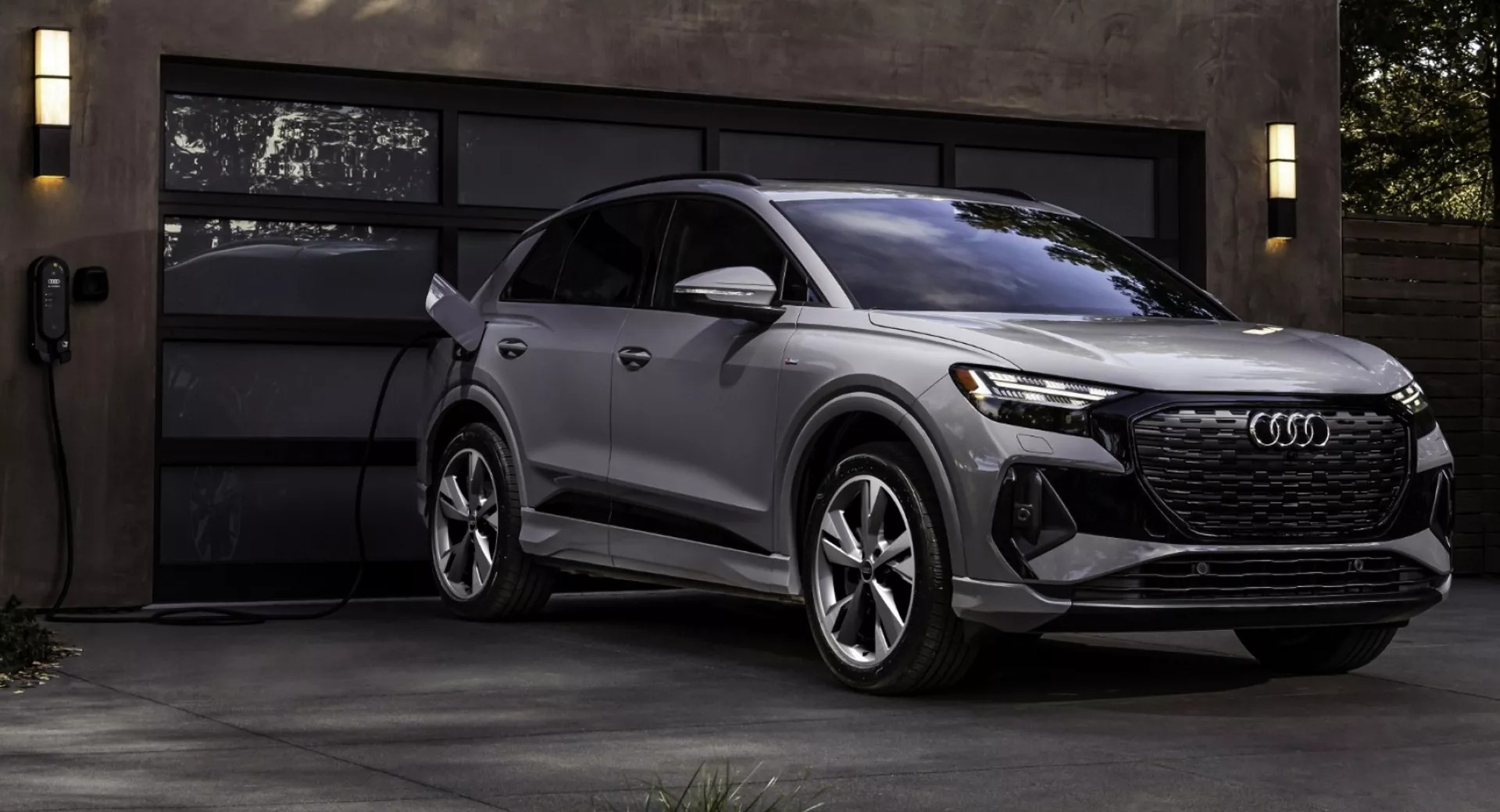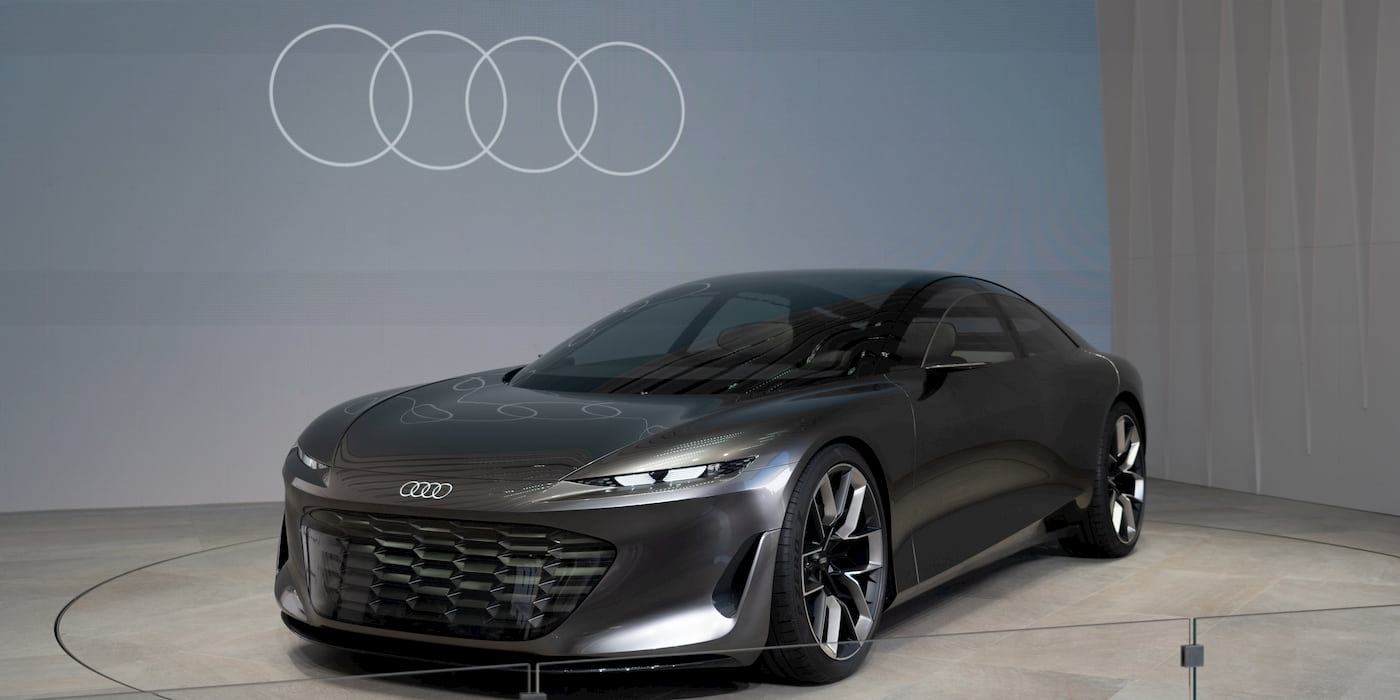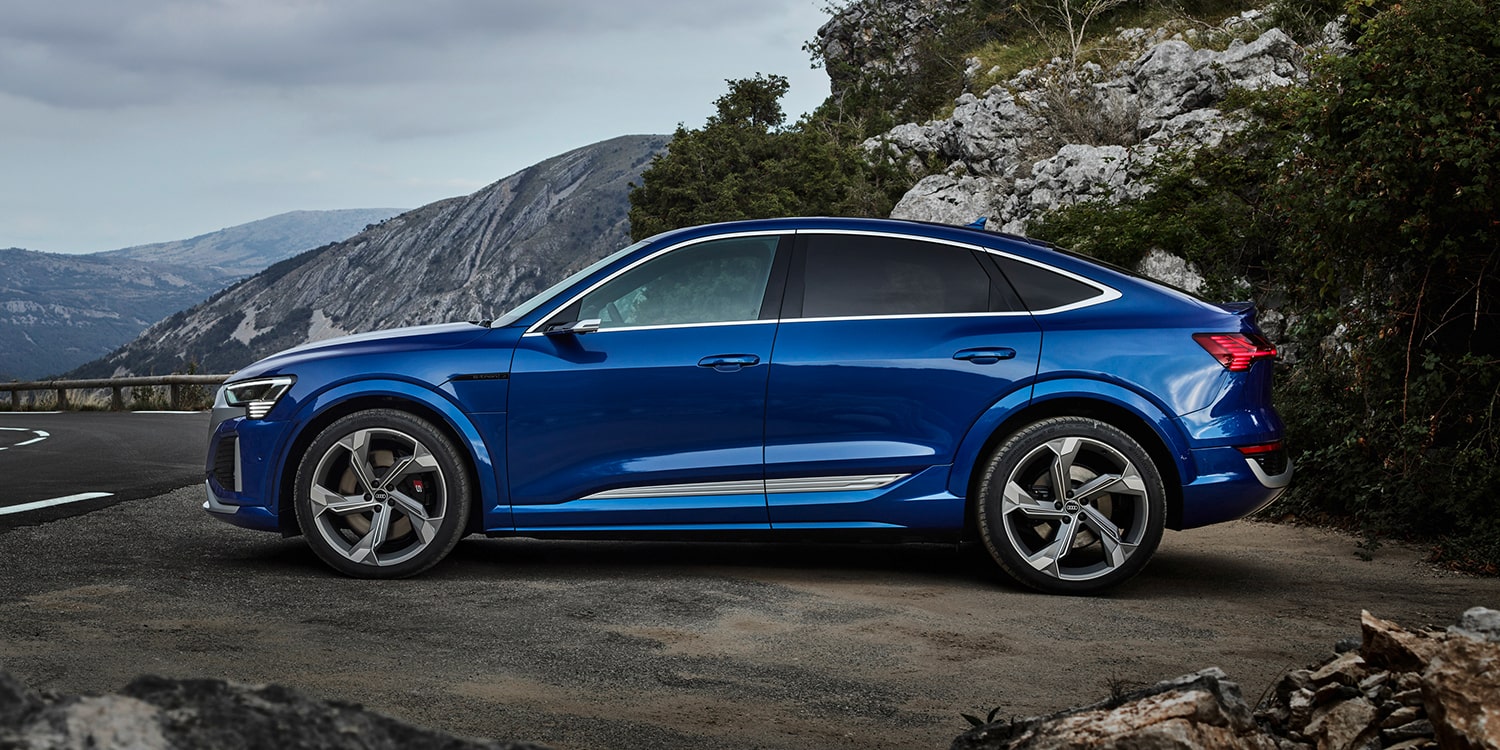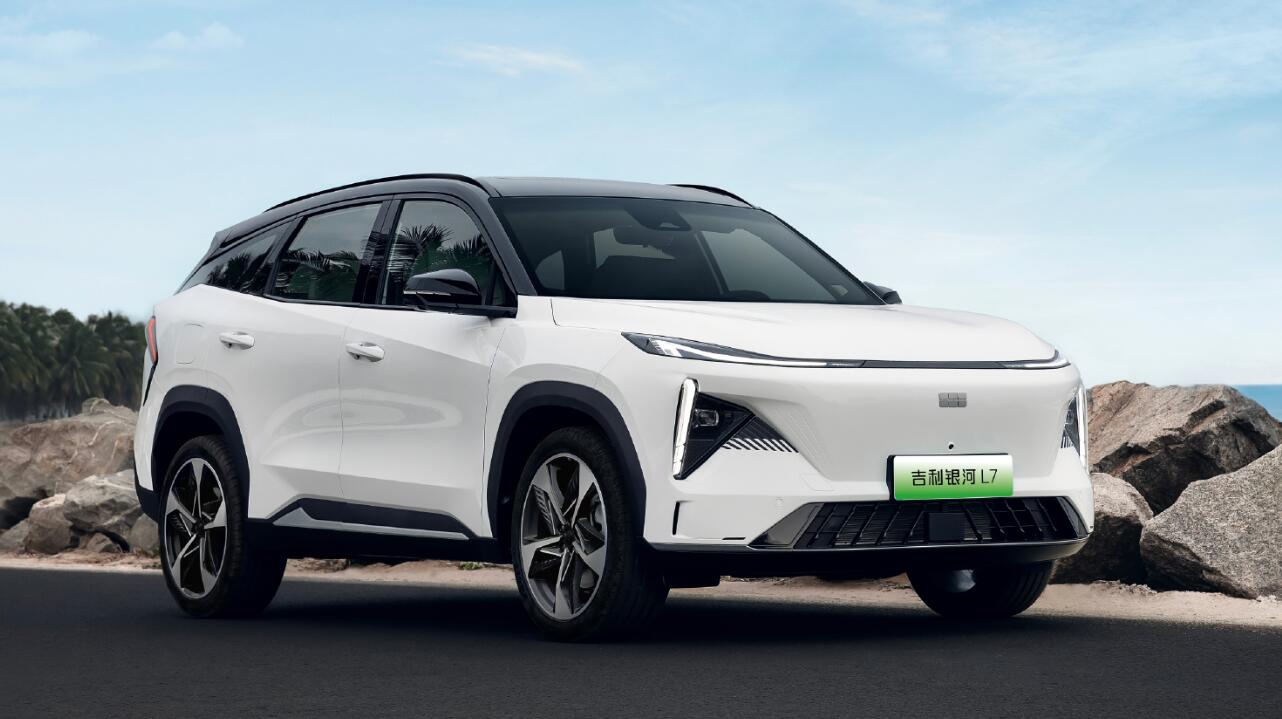Audi has decided to stop selling Plug-in Hybrid Electric Vehicles (PHEVs) in one of the world’s biggest markets, China. The move comes as the German luxury brand faces increased competition from both Tesla and new brands in emerging markets.
According to a corporate executive, Audi’s PHEV sales in China have more than halved since 2020, prompting the brand to refocus its efforts on EV sales and development. The decision is not entirely surprising, given that domestic brands such as BYD now control 75% of the PHEV market in China.
See also: Audi Sells 81,894 electric vehicles last year, increase 57.5% year on year
However, the outlook for PHEVs is not limited to China. In Germany, PHEV sales dropped significantly in the first quarter of 2023, and last month alone, the country’s vehicle registration agency reported a 39% decrease in PHEV sales compared to the same time last year. Even in the United States, PHEV offerings have not grown at nearly the same pace as their EV counterparts, leading top legacy manufacturers to decrease or eliminate their PHEV offerings.
While Audi’s departure from the PHEV market may seem like a negative development, it also presents an opportunity for the brand to focus on rapidly developing EVs in regions such as China, Europe, and North America, where EV sales are consistently growing each month.
See also: Audi will expand charging hub concept after success of initial pilot phase
In conclusion, Audi’s decision to stop selling PHEVs in China highlights the growing competition faced by premium German luxury brands, as well as the shifting market preferences towards EVs. Nevertheless, the move presents a chance for Audi to concentrate on its EV development and sales strategy in markets with significant growth potential.

